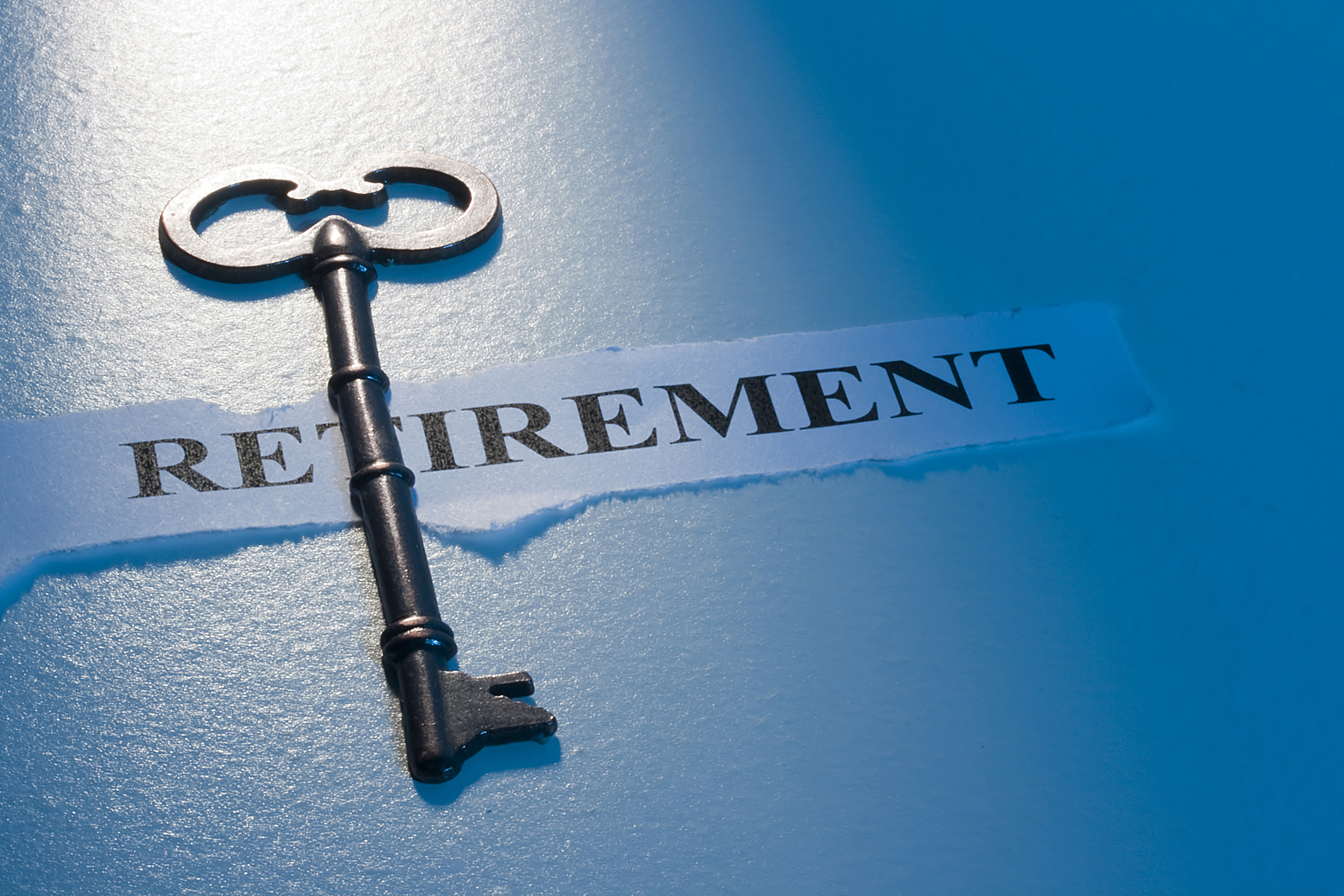Should I Withdraw From Retirement Savings To Pay Off Credit Card Debt?

Your retirement savings are there to help you survive through what could be decades of reduced income. So, it usually takes much work to draw into them before you need to. Even if you have a big credit card balance and are striving to reduce it, this is still true.
Of course, there will always be exceptions to the rule. But, with interest rates rising and credit card annual percentage rates reaching new highs, the exceptions are more important than ever.
You should know the potential consequences before withdrawing money from your 401(k), IRA, or any other retirement account to settle your credit card bills. For example, suppose you withdraw funds before reaching a particular age. In that case, you could be subject to a 10% penalty and a 20% federal income tax hit.
The cutoff age for 401(k) and IRA accounts is 591/2. You will incur a penalty if you take money from your account before that time. The total cost of fines and taxes could be almost as much as the original credit card balance. For example, let’s say you’ve run up a credit card bill of $15,000. In this scenario, CNBC cited statistics from Fidelity to show that you would need to withdraw close to $24,000 before penalties and taxes.
When you reach the age where you can withdraw your funds penalty-free, you will still have to pay taxes on them. Suppose you reduce the amount in your retirement account. In that case, you risk losing the principal and any investment profits that may have accrued. In a bull market, your earnings percentage increases in proportion to the size of your investment account.
Since markets have been falling steadily over the previous year, that is less important presently. Therefore, consider paying off your high-interest credit card debt instead of neglecting your retirement fund.
Allan Roth, certified financial advisor and president of Colorado-based Wealth Logic, told CNBC, “certainly, the math may make it worth it.”
Saving for retirement is a good idea once you’ve paid your debt.
Paying down credit card debt doesn’t need you to tap into your 401(k) or individual retirement account (IRA). Another choice is to stop making payments altogether.
Suspending contributions to your retirement account may be better than using retirement money to pay off credit card debt. It allows you to address your debt without permanently reducing your savings. By suspending contributions, you can free up some extra cash that you can use to pay off your credit card debt.
Additionally, withdrawing funds from your retirement account is generally less risky and costly than suspending contributions to your retirement account. Withdrawing funds from a retirement account can result in taxes and penalties, significantly reducing your savings. On the other hand, suspending contributions does not result in immediate financial penalties. You can always resume contributions once you have paid off your debt.
According to Ted Rossman, senior industry analyst at CreditCards.com, “It would make sense to stop or at least cut back on your 401(k) contributions and shift those monies to debt payoff.”
Suspending contributions is an option, but it could be better because you risk missing out on the employer match during that period.
You might also borrow money from your retirement account to settle your debt. Unlike IRAs and IRA-based plans like SEP, SIMPLE IRA, and SARSEP, the IRS says 401(k), 403(b), and 457(b) programs can issue member loans.
Conclusion
It’s crucial to address credit card debt as soon as possible. However, it’s also essential to consider the long-term consequences of your actions and make decisions that will positively impact your financial future.
It would be best to consider other options instead of using retirement money to pay off credit card debt. For example, it would help if you considered creating a budget and cutting expenses. Also, you should seek additional income through a part-time job or freelance work or speak with a credit counselor or financial advisor to develop a plan to pay off the debt.






